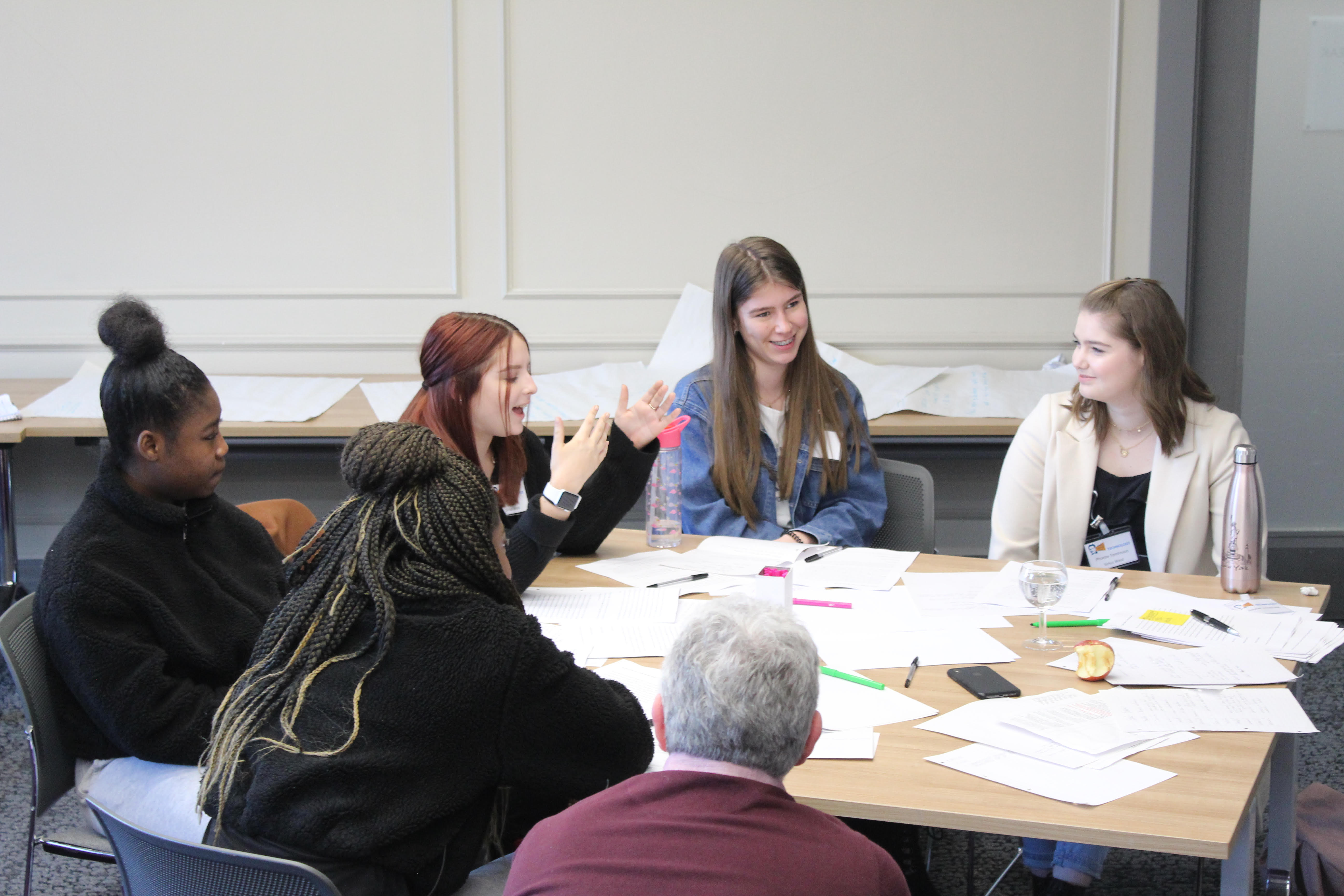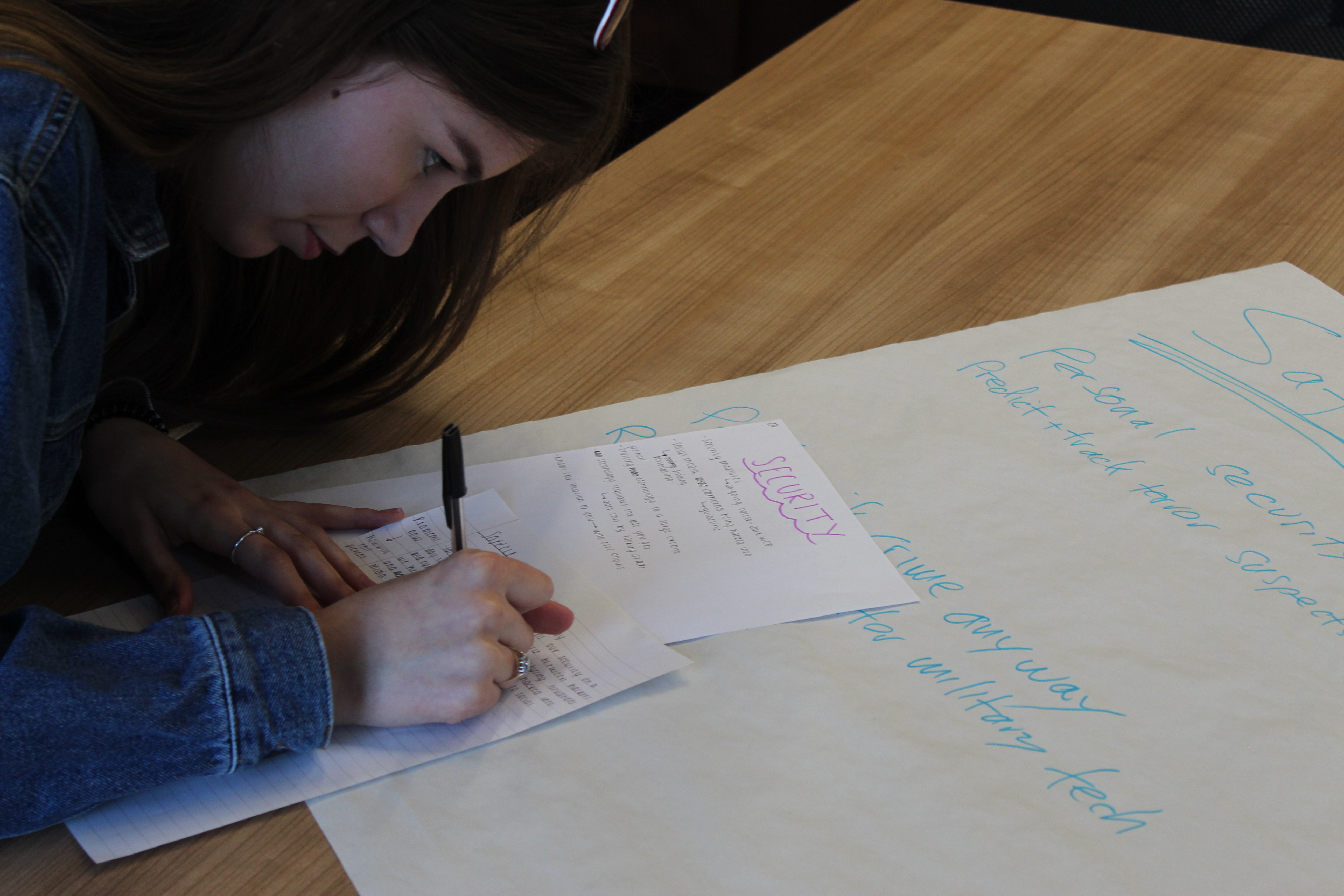Looking Back Better: the future forum on technology
Posted on 11 Jun 2020 Categories: #thehullwewant, Blog, Coronavirus
by Alex Talbott
With our worlds increasingly online, young people’s contribution to the design of our digital future is essential.
Unsurprisingly, the impact of technology (both positive and negative) wove its way through discussions across all ‘themes’ of the Future Forum. We are all reliant on technology, and simultaneously see its potential and its potential threats. Hull academic Darren McKie’s provocation on the future of technology took us back to basics, asking who is designing the technology we use and for what purpose? He then called on us to consider the direct and indirect consequences of this: what does it mean that the world of coding is dominated by white men? Why is Amazon’s Alexa female? Who owns our data and who’s missing from the data? Post- provocation, writer and journalist Stephen Armstrong led a breakout session that looked at technology’s relationship to employment, poverty, health and security.

With a cross-cutting perspective, our young people opened their own presentation with what they feared: technology taking jobs, the negative impacts of social media (‘how can we be happy talking to a screen?’), the challenges of cybersecurity and protecting personal information. But they also communicated hope that technology can advance medicine, enable easy support of good causes, and enable us to ‘connect with things and people in a way we never knew possible’.
Our relationship with and reliance on technology has been accelerated by the coronavirus outbreak. While technology becomes more essential to our day-to-day functioning, those key questions around cybersecurity and ownership of data have been skewed. We’re all logging on to Zoom, despite widespread concerns about its security. In the face of a greater threat, the majority of us would welcome a more accurate mapping of the virus even if that has implications for our personal freedoms. Further, the ongoing challenges of countering fake news play out daily in a world where our news consumption has rapidly increased. While good journalism and organisations such as Full Fact work tirelessly to communicate the ‘truth’, our media is in crisis. With much of the media overstretched and underfunded, digital and media literacy are more vital than ever.

We must not forget our concerns from ‘before’ – how the technology that infuses our day to day is designed, its relationship to structures of power, and how very real vested interests are. Giving young people the tools to navigate these concerns, and opening up a discussion around what they want and need from technology, is necessary to ensure an empowering and positive trajectory for technological futures with a more democratic base. Our worlds are being created and lived online, so it is essential for young people to have a vision for ‘The Future We Want’ in the digital realm too.
Alex Talbott is Programme Manager for The Orwell Youth Prize
Want to keep up-to-date with our coronavirus coverage? Sign up to our newsletter.
Posted on 11 Jun 2020 Categories: #thehullwewant, Blog, Coronavirus
